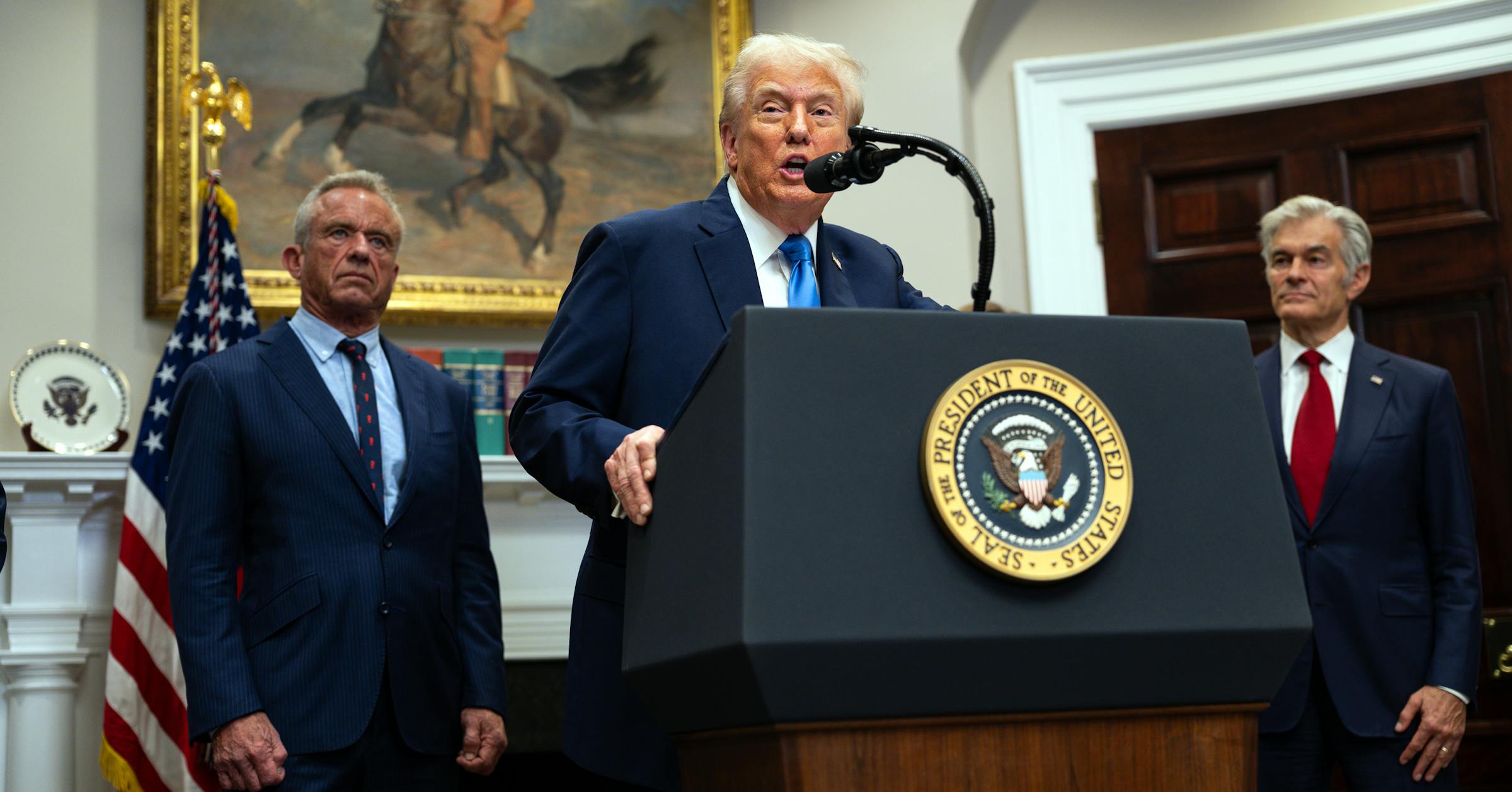
In the 1940s, the child psychiatrist Leo Kanner started studying the causes of autism. Mostly, he blamed parents. They raised the kids in what he called “emotional refrigerators.” A Time magazine piece on Kanner’s theories was titled “Frosted Children,” and told a story about kids who seemed “normal” at birth, but then became “apathetic, withdrawn, happiest when left alone.”
With the exception of the Time piece, Kanner mostly (according to Steve Silberman’s magisterial history of autism, “Neurotribes”) published his theories in academic journals. Over the next few decades, Bruno Bettelheim, another child psychiatrist, publicized the idea that non-nurturing mothers (and to some extent perfectionist fathers) were to blame for autism. Bettelheim’s bestselling book, “The Empty Fortress,” which was published in 1967, blamed autism on parents who deserted their children emotionally, caring for their body, but not their soul.
The “refrigerator mother” myth went viral, as we’d say now, and was used as a justification for taking children away from their parents and subjecting the kids to ever-harsher treatments. It took decades for the myth to go away, but now the Trump administration is poised to start a new cycle in which moms are once again blamed for their kids’ autism.
At the Charlie Kirk memorial service on Sunday, President Donald Trump announced that “we found an answer” about the causes of autism. The next day, he was joined by Secretary of Health and Human Services Robert F. Kennedy Jr., Dr. Mehmet Oz (who administers Medicare and Medicaid), and a collection of other doctors and parents in order to blame autism on moms who take acetaminophen during pregnancy. He said that taking the painkiller is “associated with a very increased risk of autism. So taking Tylenol,” the president said, “is not good.”
There have been a number of studies looking at whether there’s any correlation between autism and the use of acetaminophen during pregnancy over the years, with a few finding a very mild correlation between use of the painkiller during pregnancy and autism rates. But a study of 2.4 million Swedish children from 1995-2019, a huge sample size, demonstrated that “acetaminophen use during pregnancy was not associated with children’s risk of autism, ADHD, or intellectual disability.”
Tara Smith, an epidemiology professor at Kent State University, gave me her reaction to Trump’s news conference on Monday. “As a scientist, it was one of the worst things I’ve seen since Trump’s ‘inject bleach’ outing,“ she said in an email. ”It was full of misinformation and innuendo that scientists have been hiding data or avoiding investigations that may be inconvenient. In reality, the questions about autism and vaccines and autism and acetaminophen have been asked and answered.” That, pending new evidence, should be the end of the conversation.
Instead, the Trump administration is going to try to remove a painkiller from the short list of approved medicines for pregnant women. Which means more people will experience more pain during pregnancy, with potential health consequences for both mother and fetus as a result. But really, even if we agree we should be searching for the cause of autism, this pursuit is doomed to fail because humans live in complex systems (both our bodies and our environments), and singling out correlations doesn’t prove much of anything.
In fact, many people don’t agree that the focus on the cause of autism is all that critical. “Most federal research funding around autism for most of history has centered curing autism,” Noor Pervez, community engagement manager at the Autistic Self Advocacy Network, said in an email. “The overwhelming consensus is that autism is genetic. I don’t think the autistic community gets any benefit from cure research, and the focus on it actively hurts autistic people that exist.”
Instead of this monomaniacal focus on causes, Pervez said, “We need more research aimed at supporting our community and helping us thrive. That means community based participatory research — basically, studies that happen with input from the community at all phases, including when deciding what to study.”
For my part, the challenges of parenting my autistic son aren’t really about his disabilities, but rather inadequate or inefficient systems that make it hard to access the supports we need. But while the Trump administration seems obsessed with autism, they never actually talk about the kinds of things that would improve our lives.
Pervez says that instead, the administration is “actively harming us,” both through this rhetoric about causes and cures and via cuts to Medicaid and other services and resources. “All of these policy changes directly hurt our access to home and community based services, to education, to independent living resources,” He added that when invited, the Trump administration has not taken part in discussions with the autism community.
The good news is that few people seem to be falling for the show that Trump is putting on when it comes to autism. Major news headlines note that Trump just doesn’t have any new evidence and is ignoring the best science. He’s the president. So he gets to go on TV and say what he wants. But this sort of fear mongering just reads as an excuse to blame women and avoid doing the hard work of actually supporting autistic adults, kids and their families.
David M. Perry is the associate director for undergraduate studies in history at the University of Minnesota’s Twin Cities campus. He’s the co-author of “Oathbreakers: The War of Brothers That Shattered an Empire and Made Medieval Europe” and the newsletter Modern Medieval.



